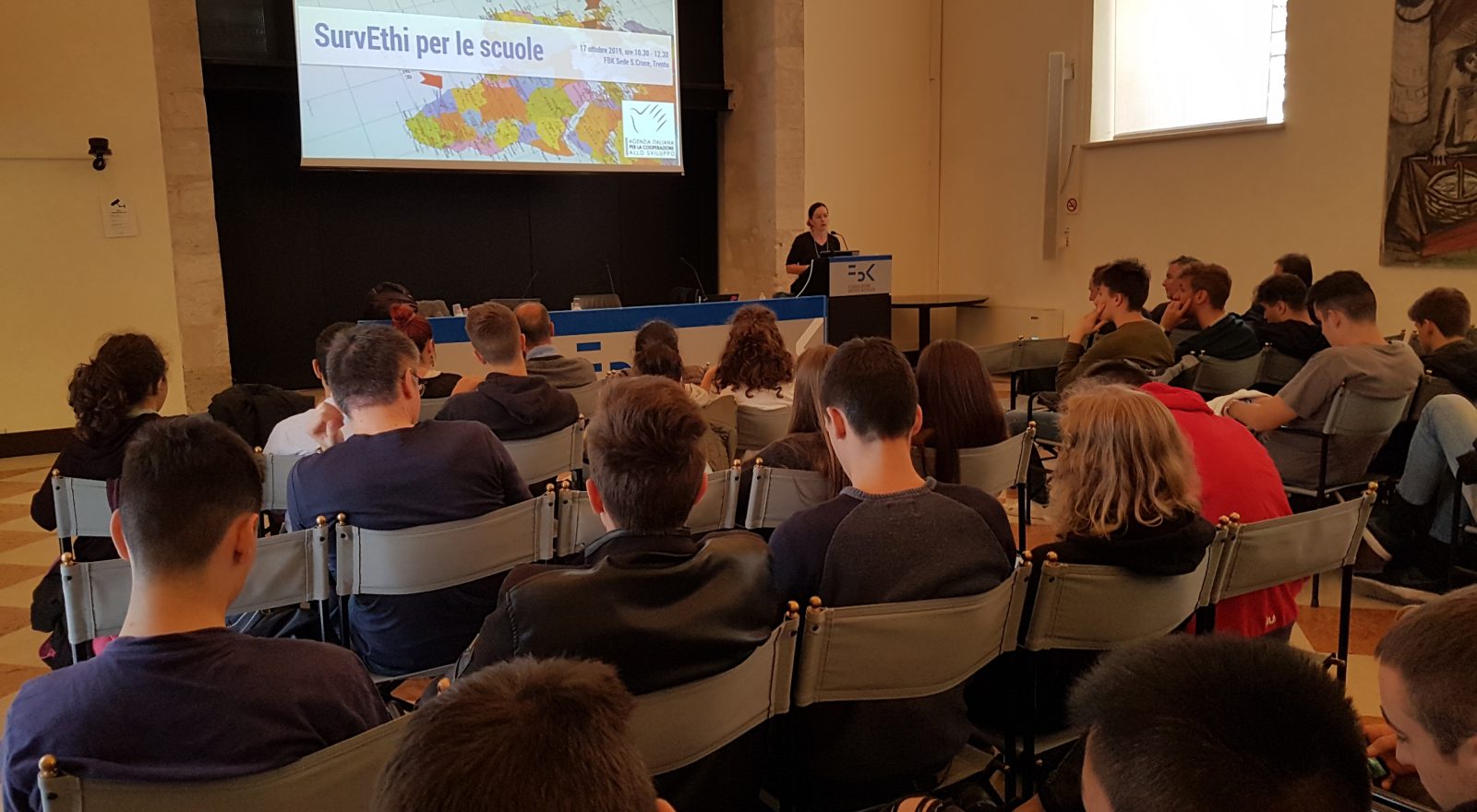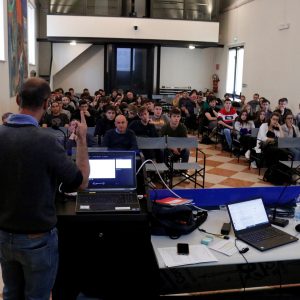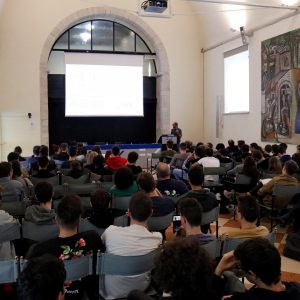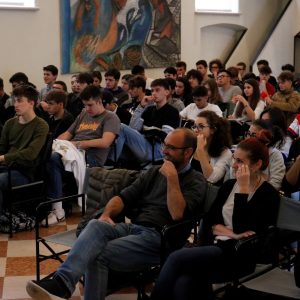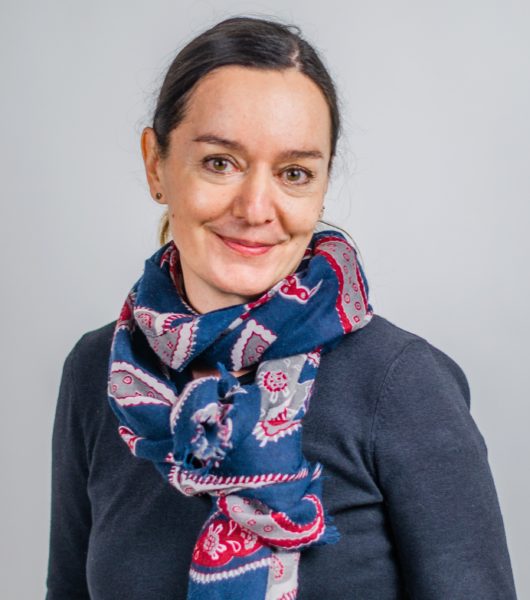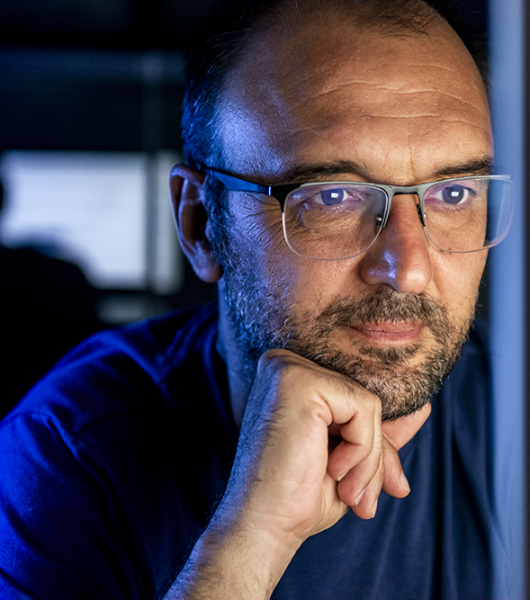SurvEthi for schools
The new project of the FBK School-to-Work Program that will involve five high schools in applied research in health has ebeen launched
Survethi for Schools, the new School-to-Work Program project that Fondazione Bruno Kessler will be carrying out during academic year 2019-2020 together with five high schools, four from Trentino and one from Verona stems from a joint effort between research, the world of education and an international cooperation project.
The project proposed by FBK’s Research and Innovation for Education Unit is in fact part of the international cooperation health project “Strengthening the system of surveillance and control of infectious diseases in Ethiopia” (in short, SurvEthi), funded by the Italian Agency for Development Cooperation (AICS) with the Autonomous Province of Trento as leader, created with the aim of strengthening the existing tools put in place by the Ethiopian Government to improve prevention, surveillance and management of epidemics.
As with prior School-to-Work initiatives carried out by FBK in recent years, students will be asked to work together with tutors, experts and researchers in a real multidisciplinary research project that intends, on the one hand, to bring the participating schools closer to a project of “real” research, on the other hand, in this specific case, to make high school students aware of issues related to global health, the spread of communicable diseases and the related control actions.
“For some years now, we have been offering schools a model of project execution structured into tasks, which are distributed to different school class-teams in order to let the kids experience and study the complexity of real research projects and their impact on society and everyday life – Claudia Dolci, head of the FBK Research and Innovation for Education Unit – explained. This year we will do it on an important and multidisciplinary topic, i.e. health, in a series of steps that also intends to make students understand how, even if starting from different disciplinary fields, it is possible to improve people’s health conditions, in this case by applying maths and modeling systems, to understand, monitor and control the transmission of diseases.”
FBK is one of the partners of the SurveThi international cooperation project, which includes the Trento province Healthcare System, Doctors with Africa CUAMM, Doctors with Africa CUAMM Trentino, Informatici Senza Frontiere, and offers tits many years of expertise and the knowledge gained in the field of epidemiology and the study and analysis of infectious diseases.
“One of the objectives of the project is to provide some areas of Ethiopia with innovative systems for monitoring and analyzing the spread of infectious diseases – Stefano Merler, researcher at FBK and head of the Dynamical Processes in Complex Societies Research Unit – said. To this end, we try to bring statistical analysis techniques and mathematical modeling of epidemics to help better understand and measure what is happening in a certain area. We do this in a poor and developing context, which would not have the capacity to equip itself with these tools on its own. This represents a first, important step to more effective actions. In Survethi for schools, we will try to stimulate kids to reflect on the issues related to infectious diseases, on the role that maths can have in the analysis and containment phase and, together with teachers, start a path in which they can learn the basics on the techniques that we are using in Africa in a more complex and advanced way“.
Mathematics of epidemics, computer science for social issues and migration-related topics will be the three work packages on which the class-based teams – followed by tutors as well as by experts from FBK and Informatici Senza Frontiere – will work during the school year. “The whole project focuses on interdisciplinarity and starts from the assumption that topics that may seem far apart can be strongly intertwined and have a strong connection to everyday life – Claudia Dolci added. And it is what we would like kids to understand and experience during this school-to-work opportunity, which I am sure will stimulate in them a healthy curiosity and a reflection on the world of work through what they will learn in the classroom“.
The high schools involved
M. Buonarroti High School for Technology, Trento
Galilei High School for Science, Trento
Da Vinci High School for Science , Trento
Martino Martini High School , Mezzolombardo
Marconi High School for Science, Verona
